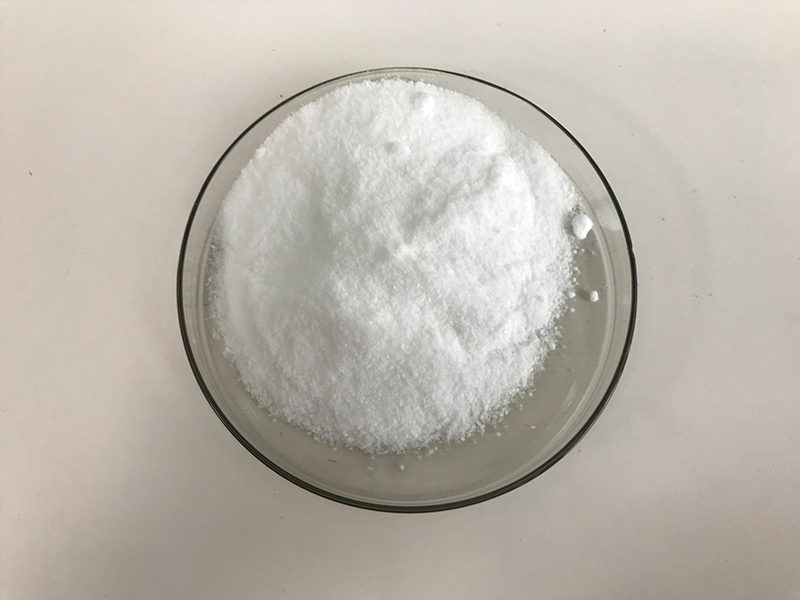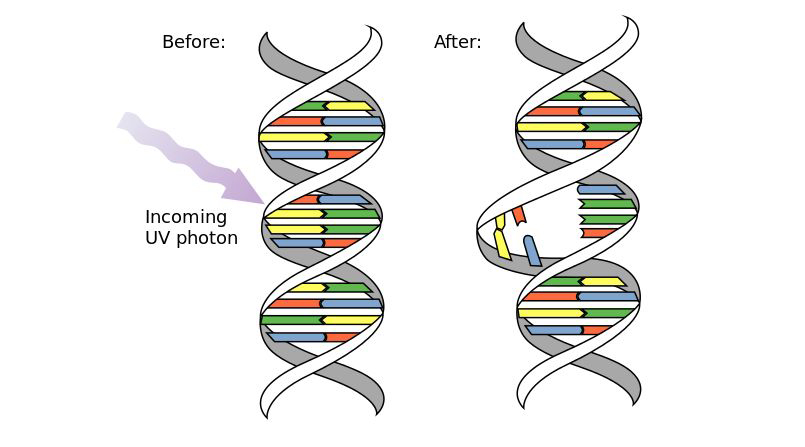Avobenzone is a common ingredient found in many sunscreens and is used as a chemical UV filter to absorb and dissipate UVA rays. Here are the pros and cons associated with Avobenzone:
Pros of Avobenzone:
Effective UVA Protection: Avobenzone is known for its effectiveness in absorbing UVA rays, which are responsible for causing skin aging and contribute to the development of skin cancers.
Broad-Spectrum Protection: Avobenzone is often used in combination with other sunscreen ingredients to provide broad-spectrum protection against both UVA and UVB rays.
Stable in Sunlight: Avobenzone has undergone improvements over the years to enhance its stability. Modern formulations often include stabilizers to prevent degradation when exposed to sunlight.

Cons of Avobenzone:
Stability Issues: While efforts have been made to stabilize Avobenzone, it can still degrade when exposed to sunlight over time. This may reduce its effectiveness in providing prolonged sun protection.
Potential Skin Sensitivity: Some individuals may experience skin sensitivity or allergic reactions to Avobenzone. In such cases, alternative sunscreen ingredients may be recommended.
Limited UVB Protection: Avobenzone primarily absorbs UVA rays and provides limited protection against UVB rays. Sunscreens often combine it with other ingredients to ensure comprehensive coverage.
Chemical Sunscreen Concerns: Avobenzone is a chemical sunscreen, and some people prefer physical sunscreens (containing zinc oxide or titanium dioxide) due to concerns about the absorption of chemical filters into the skin.
Environmental Impact: There have been concerns about the environmental impact of certain chemical sunscreen ingredients, including Avobenzone. It can enter water systems, potentially causing harm to aquatic life.
Before using a sunscreen containing Avobenzone, it’s essential to consider your skin type, any potential sensitivities, and your preferences regarding sunscreen types. If you have specific concerns, consulting with a dermatologist is advisable. Additionally, it’s crucial to follow proper application guidelines and reapply sunscreen as needed for effective sun protection.
The difference between Avobenzone and Monobenzone
Avobenzone and Monobenzone are two different chemical compounds with distinct uses and properties.
Avobenzone:
Function: Avobenzone is a commonly used organic sunscreen ingredient. It absorbs ultraviolet (UV) rays from the sun, specifically UVA rays, to protect the skin from sun damage.
Usage: It is a key component in many sunscreen formulations, providing broad-spectrum protection against UVA radiation.
Safety: Avobenzone is generally considered safe for use in sunscreens. However, some formulations may include stabilizers to enhance its effectiveness and stability.

Monobenzone:
Function: Monobenzone is a depigmenting agent used in certain skin conditions, particularly for the treatment of vitiligo. It works by permanently lightening the skin in the affected areas.
Usage: It is not used in sunscreens but rather in medical applications for depigmentation purposes. It is applied topically to areas with loss of pigmentation to even out the skin tone.
Safety: Monobenzone should only be used under medical supervision, as its depigmenting effects are irreversible and may lead to uneven skin color if not used appropriately.
In summary, Avobenzone is a sunscreen ingredient used to protect the skin from UV rays, while Monobenzone is a depigmenting agent used in medical settings to treat conditions like vitiligo by lightening the skin. They serve different purposes and are not interchangeable. If you have specific concerns about skincare or medical conditions, it’s advisable to consult with a healthcare professional or dermatologist.
